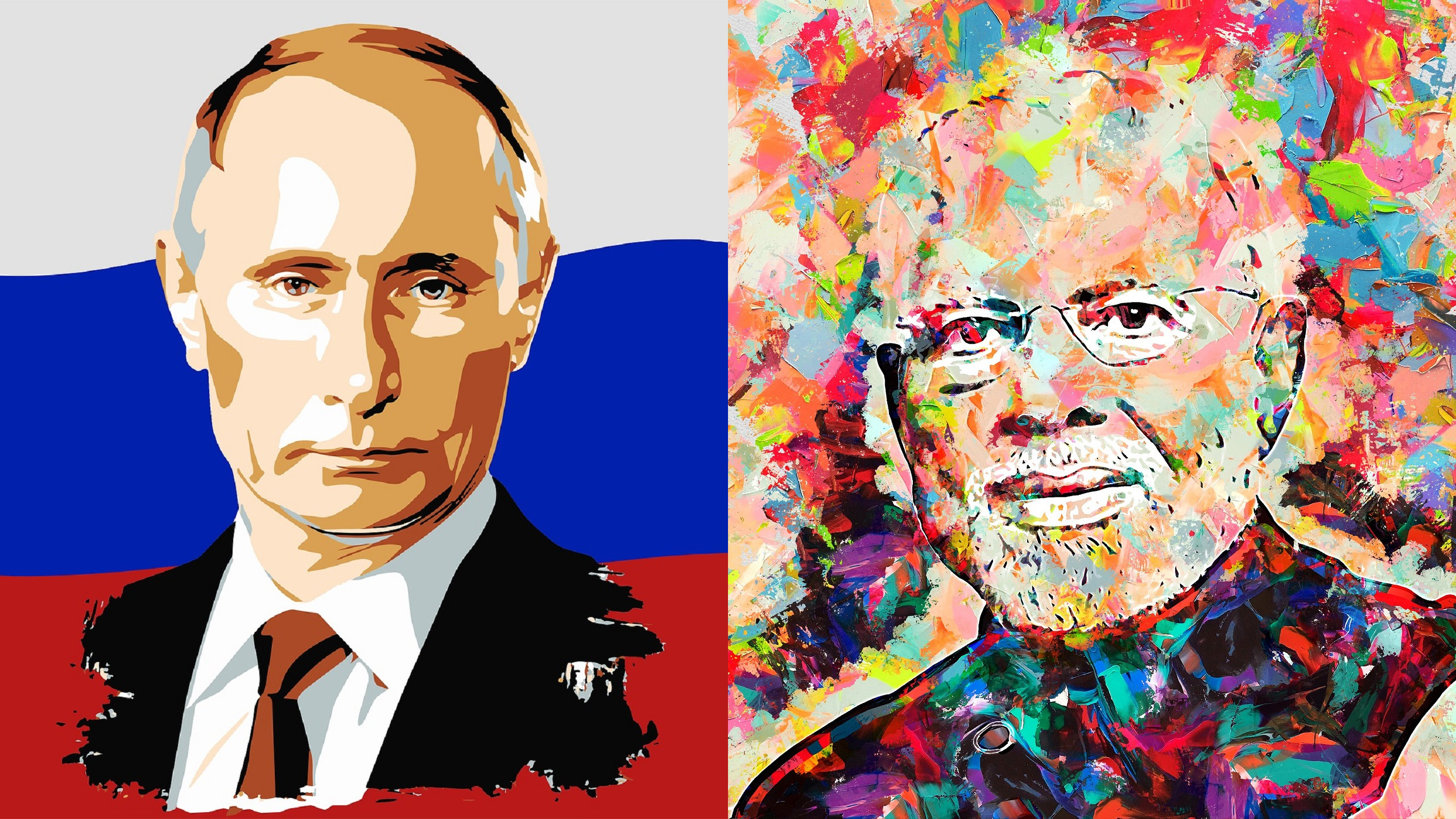India’s Partnership With Russia
Al-Ittihad, UAE, December 16
Relations between India and Russia may have gone through ups and downs over the years, but during the pandemic, and following recent developments in Afghanistan, the two old partners once again witnessed a warming of ties in their relations. Russian President Vladimir Putin visited India last week for the annual India-Russia summit. A testament to the importance Russia assigns to this bilateral relationship is the fact that this was only Putin’s second trip abroad since the outbreak of the pandemic, with the other being to Geneva to meet with US President Joe Biden. During the summit in New Delhi, the two leaders – Vladimir Putin and Narendra Modi – sought to expand their countries’ bilateral relations by exploring ways to deepen their cooperation in the fields of energy and trade. The two countries also signed a 10-year defense cooperation agreement covering current and future projects, including an arms deal to purchase 600,000 AK-203 assault rifles from Russia. The Russian president described India as an “old friend,” noting that the two nations’ military relations were “unparalleled.” This summit was preceded by talks between the countries’ foreign and defense ministers. All in all, the two countries signed 28 agreements, including cooperation in their respective space programs. Russia and India have been allies since the times of the Cold War, when New Delhi relied on Moscow for all of its military supplies. For many years, both sides emphasized the special relations that exist between the two countries. However, India’s growing proximity to the United States is seen as having a negative impact on relations with Russia. Observing India’s growing relations with the US sent Russia to deepen its relations with India’s regional rival, Pakistan, much to the annoyance of New Delhi. However, there has been an increasing strategic alignment between the two nations on some issues recently, for example, the recent developments in Afghanistan, which fostered greater consultation between the two sides. Despite its rapprochement with America, India has proceeded with the purchase of the Russian S-400 missile system, although this deal may draw sanctions against it under the US Countering America’s Adversaries Through Sanctions Act. The purchase itself shows that New Delhi assigns great importance to its military cooperation with Russia despite its increasing proximity to Washington and the strengthening of its defense cooperation with it. After all, 70% of India’s military equipment still comes from Russia. Although defense remains the mainstay of these bilateral relations, there are larger strategic reasons guiding the two countries’ alliance, as well. New Delhi cannot play an active role in Afghanistan and the Eurasia region without cooperation with Moscow, and its relations with the United States have their own limitations. On the other hand, Russia also finds importance in relations with India. Russia played a role in bringing India and China to the negotiation table after relations between them were strained due to a major dispute, the worst of its kind in four decades. Russia also desires to consult with India on Afghanistan and to see multipolarity in the region. A strong India is expected to be a good thing for Russia, as well. This summit was a clear indication that New Delhi places a high priority on its relations with Moscow, and vice versa, as both countries are keen to strengthen their ties. However, during the summit, the two countries not only strengthened those relations but also pledged to raise the annual trade volume between them to $30 billion by 2025. The current trade volume, estimated at some $10 billion, is seen as below the real potential of the two countries. In 2020, trade fell by 17% but has rebounded by 38% this year. However, the main conclusion of the Modi-Putin summit is that Russia remains an important partner for India in the region. – Zikru Al-Rahman (translated by Asaf Zilberfarb)
This holiday season, give to:
Truth and understanding
The Media Line's intrepid correspondents are in Israel, Gaza, Lebanon, Syria and Pakistan providing first-person reporting.
They all said they cover it.
We see it.
We report with just one agenda: the truth.



